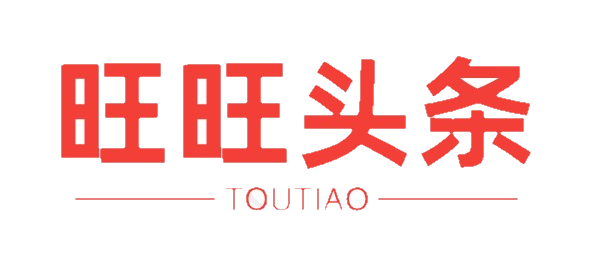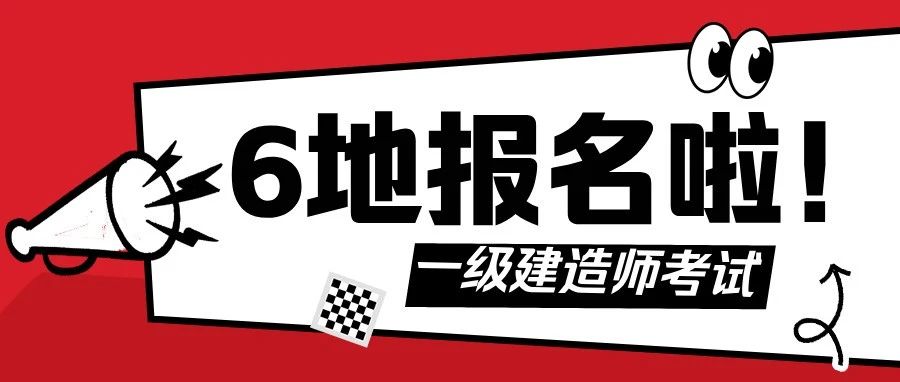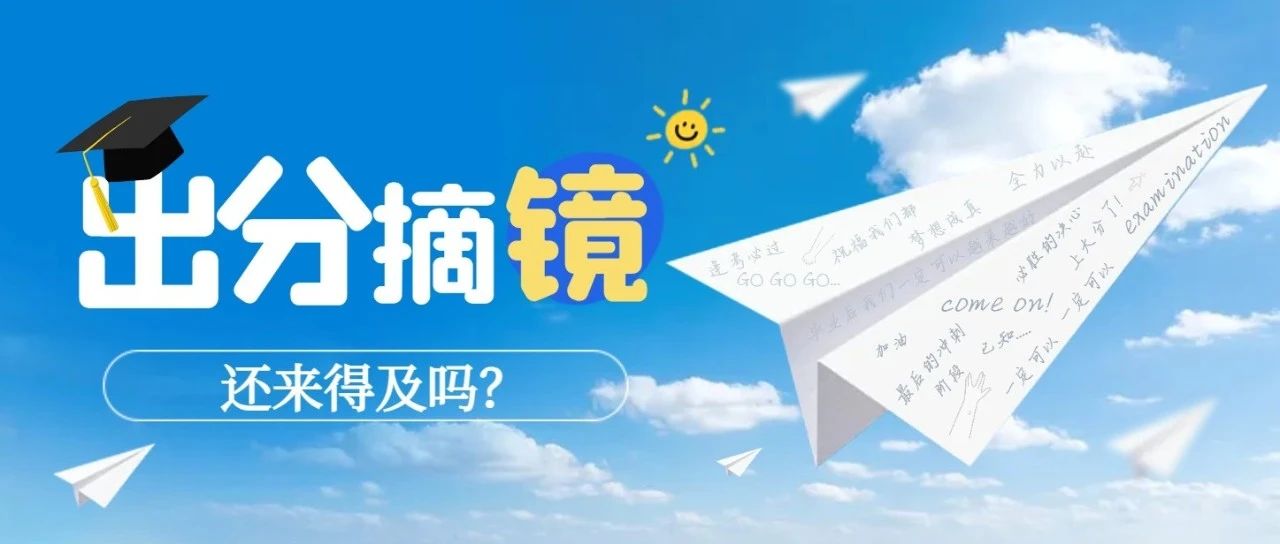German New Regulation on E-invoice for Domestic B2B Transactions
E-Invoices in Germany
On March 27, 2024, the business tax reform bill ("Growth Opportunity Act"), which introduces mandatory electronic invoicing for domestic business-to-business (B2B) transactions as from 1 January 2025, was signed into law by the president. No regulations on the transaction-based reporting system, which will be introduced at a later date, have been issued.
Background
Member States lost €93 billion in VAT revenues in 2020 according to the 2022 VAT Gap report released by the European Commission. Conservative estimates suggest that one quarter of the missing revenues can be attributed directly to VAT fraud linked to intra-EU trade. On 8 December 2022, the European Commission proposed a series of measures to modernise and make the EU’s Value-Added Tax (VAT) system work better for businesses and more resilient to fraud by embracing and promoting digitalization. The proposal "VAT in Digital Age" ("ViDA") covers three areas of VAT policy:
Digital Reporting Requirements (DRRs);
The Platform Economy; and
The Single Place of VAT Registration
"Digital Reporting Requirements" is any obligation for VAT taxable persons to submit data periodically or continuously in a digital way on all (most of) their transactions, including by means of mandatory e-invoicing, to the tax authority. Based on this, Single Member State begins to introduce mandatory e-invoicing requirements.
Definition of e-invoice
The new rules provide that an e-invoice is an invoice issued, transmitted, and received in a structured electronic format that enables further electronic processing, and which complies with or is compatible with, the EU standard format CEN 16931 (from the European Committee for Standardization). It will no longer be necessary to obtain the invoice recipient’s consent to use e-invoices. All other invoice formats that do not comply with the structured format requirements are termed "other invoices".
As from January 1, 2025, businesses in Germany will be required to issue e-invoices in the structured CEN 16931 format (or in an alternative compatible format) for domestic transactions if they provide B2B services or supplies to other businesses based in Germany. Businesses who are registered for VAT in Germany but not resident in Germany are not subject to the new rules. The current regulations on the time of invoicing and the applicability of the provisions on credit notes remain unaffected. While long transitional periods are envisaged for the phasing out of unstructured invoices (e.g., paper or pdf invoices) by suppliers, the obligation to accept e-invoices applies as from January 1, 2025, and B2B entrepreneurs in Germany must be able to receive and process e-invoices as from this date.
E-Invoicing: Is this relevant only for German established entities? Or also for non-German that are VAT registered?
The new provisions will only apply to suppliers and recipients that are established in Germany considering the below comments:
Taxable persons established in Germany, who carry out supplies of goods or services to taxable persons established in Germany, are required to issue e-invoices for domestic taxable supplies, which are subject to German VAT.
The establishment can either be a legal person or a fixed establishment in terms of VAT. Please note, that the fixed establishment must be involved in the corresponding sale to be subject to the e-invoicing rules.
Although the legislation involves staggered transitional provisions for issuing e-invoices, domestic taxable persons must ensure to be able to receive e-invoices as of January 1, 2025.
The prerequisite for mandatory electronic invoicing is that the supply of goods or services is subject to the standard or reduced VAT rate. In other words, a German fixed establishment that only makes VAT exempt or zero-rated supplies is not subject to the e-invoicing mandate.
Consequently, the mere registration for German VAT purposes is not triggering the obligation to issue or receive e-invoices according to the new German rules.
Transitional provisions and exceptions
The new rules contain staggered transitional provisions for issuing e-invoices. As an exception to the general rules, tickets and small-value invoices (up to EUR 250) may continue to be issued as paper invoices. For all other invoices, companies should be mindful of the following:
Paper invoices and other invoices that do not comply with the relevant format may continue to be sent for domestic B2B transactions carried out in 2025 and 2026. Invoices that do not comply with the CEN 16931 standard are permitted during this period. The consent of the invoice recipient is still required for this. However, the ability to withhold consent does not apply if paper invoices are used.
For B2B transactions carried out during 2027, other invoices (non-CEN 16931 compliant invoices) may only be issued with the consent of the invoice recipient under certain conditions. Additionally, the invoice issuer’s turnover for the previous year must not exceed EUR 800,000. Entrepreneurs with turnover above this limit, and those with no compatibility with the standardized format during 2026 and 2027, may issue invoices via the electronic data interchange (EDI) procedure.
From the beginning of 2028, compliance with the new requirements for e-invoices and their transmission is mandatory. The EDI procedure can continue to be used as long as invoices are compatible with the CEN 16931 format.
Sanctions for noncompliance
The possession of a proper invoice is a prerequisite in order to deduct input tax. The recipient of a domestic B2B service that has not received an e-invoice (as defined under the new rules) is at risk of being denied an input tax deduction. Failure to issue an e-invoice also will be subject to a fine. In addition to an entry in the central trade register (applicable for fines of EUR 200 or more), failure to issue an e-invoice also may have negative consequences for a managing director who is the legal representative of the business, with a possible fine of up to EUR 5,000 per invoice.
Deloitte advisory services
In order to be optimally prepared for the introduction of mandatory B2B e-invoicing and to avoid possible sanctions, affected companies should take immediate action. We will be pleased to provide you with comprehensive advice on all aspects of e-invoicing, from tax technical advice through to process optimization and IT implementation.
Our comprehensive consulting services include:
Checking whether and to what extent your company is affected by the future e-invoicing regulations,
Analyzing affected business transactions,
Assessing the fits and gaps in processes and systems and Selecting and designing solutions.
We can also support you with the implementation of e-invoicing solutions upon request. Work with us to find the right technical solution that best suits your company-specific requirements.
We support you in the practical implementation and compliance with the new e-invoicing regulations, from the creation to the archiving of invoices.
Lukas Hechl
Director, Deloitte Indirect Tax
Munich, Germany
Email:lhechl@deloitte.de
Dan Zhao
Senior Manager, Deloitte Indirect Tax
Lawyer, Certified Tax Advisor
Email:danzhao@deloitte.de
Lawrence Jin
Deloitte Global CSG Leader
Email:lawrjin@deloitte.com.cn
Johnny Zhang
Deloitte Global CSG Partner
Email:johnnyxzhang@deloitte.com.cn
Henry Shang
Deloitte Germany CSG Senior Manager
Email: junshang@deloitte.de
Disclaimer:
A 3rd party wanting to repost a Deloitte Wechat article should publish the content in its original form, without amendment. Any changes to content should be sent to Deloitte for review and approval before being released. The 3rd party is required to attach the information and disclaimer below to the reposted article:
This communication contains general information only and, while authorization for its publication has been granted, copyright is reserved by Deloitte Touche Tohmatsu, and none of Deloitte Touche Tohmatsu Limited, its member firms or their related entities (collectively, the "Deloitte Network") is, by means of this communication, rendering professional advice or services. No entity in the Deloitte network shall be responsible for any loss whatsoever sustained by any person who relies on this communication.

Please click "Read more" for more details.
版权声明
本文仅作者转发或者创作,不代表旺旺头条立场。
如有侵权请联系站长删除
 旺旺头条
旺旺头条




发表评论:
◎欢迎参与讨论,请在这里发表您的看法、交流您的观点。